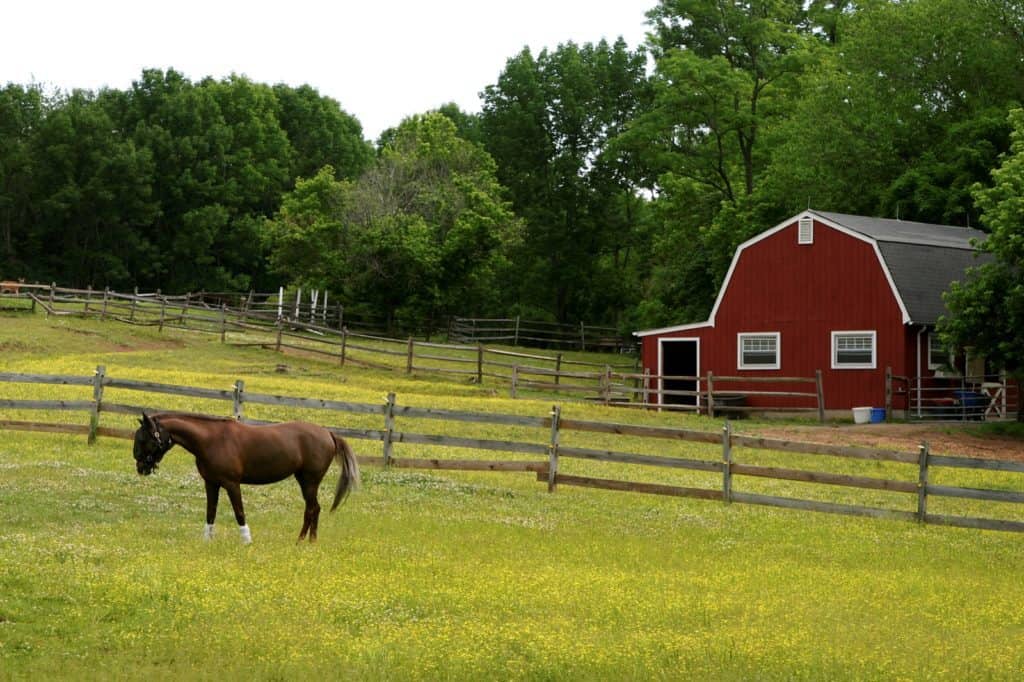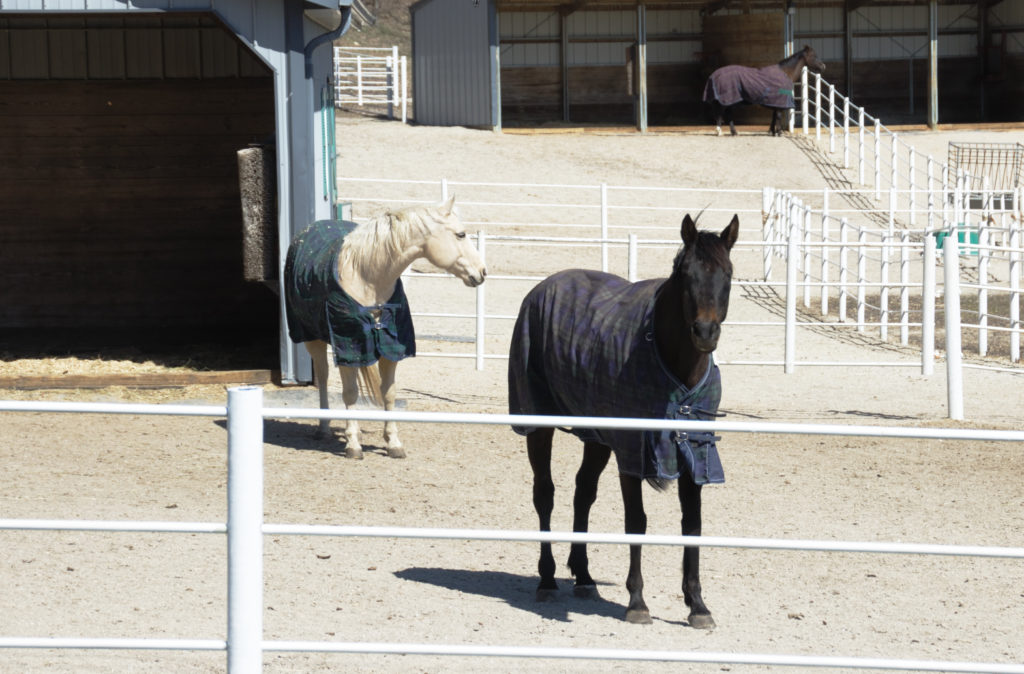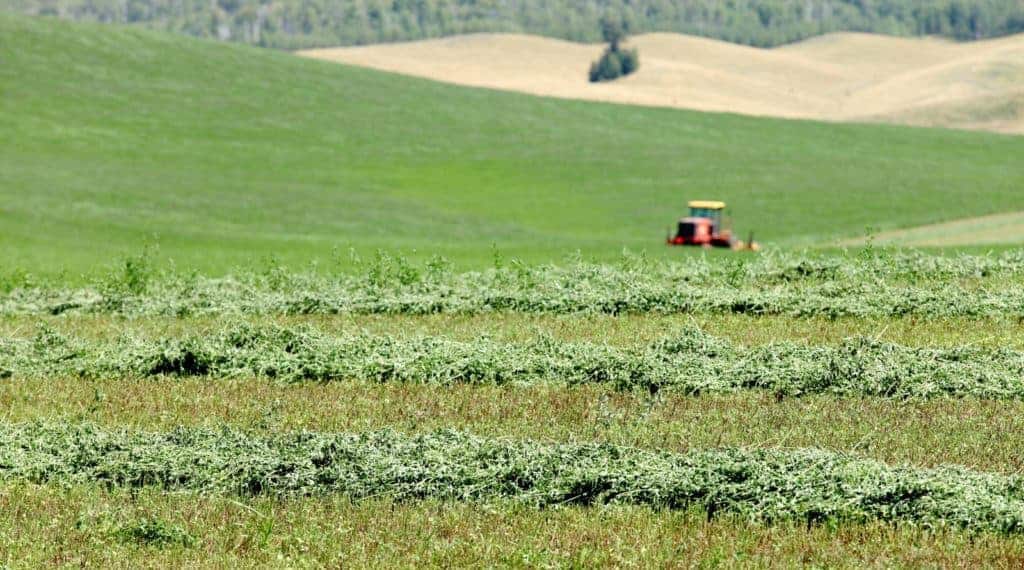
Managing Small Horse Pastures
Proper management of pastures on small acreage can mean better grazing for your horses and reduced hay costs.

Proper management of pastures on small acreage can mean better grazing for your horses and reduced hay costs.

Selecting and using a hay feeder that works for you and your horses reduces waste and helps you save on feed costs.

Vitamin E deficiencies can cause neurologic and other health problems in horses. As such, at-risk horses—from breeding stock and foals to equine athletes and pasture pets—might benefit from supplementation.

Dr. Joe Pagan founded Kentucky Equine Research in 1988 and, in the three decades following, he and his staff have witnessed the evolution of equine nutrition and research trends.

Are you and your horses heading south for the winter? Prepare in advance to keep your equine charges healthy during and after transport.

When harvested correctly, alfalfa is a high-quality source of protein and calcium for horses.

A trainer asks how to classify her horses’ workload when considering their nutritional needs.

How to unravel the reason behind your horse’s head-scratching weight loss.

Phosphorus is the second most abundant mineral in the horse’s body; about 80% of it is found in horses’ teeth and skeleton.

Bales aren’t the only hay option. Here’s some information about different hay forms horse owners can consider.

A high-fat, high-fiber “museli” mix appeared to supply sports ponies with enough energy to perform well and maintain body condition while reducing blood glucose levels after meals, potentially reducing their risk of metabolic disorders.

Researchers know that feeding horses ground endophyte-infected tall fescue results in palmar artery vasoconstriction, so scientists tested whether broodmares could experience decreased blood flow to the uterus, which could negatively impact their foals.

Researchers had hypothesized that haylage would produce a lower insulin response than hay, as the sugar in haylage is partially fermented and could result in a less-pronounced insulin response.

Our nutritionist looks at whether all-pellet diets are good for horses.

Researchers found that 58% of responding hospitals said they consult a nutritional adviser about feeding their patients and 21% reportedly feed all patients the same type of feed.

Young growing horses, late-gestation broodmares, and lactating mares have higher calcium requirements than the average mature horse.
Stay on top of the most recent Horse Health news with
"*" indicates required fields